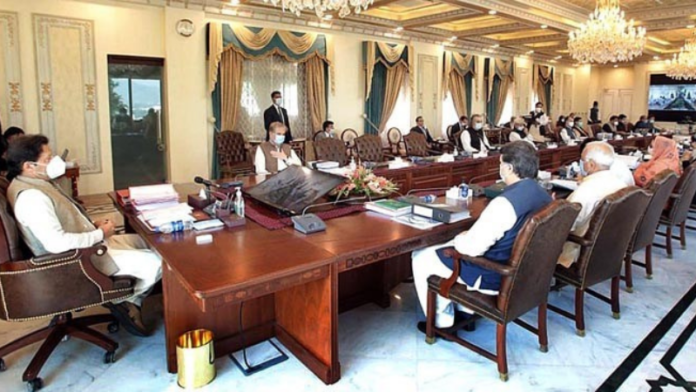ISLAMABAD: The federal cabinet is likely to approve the constitution of a ‘panel of neutrals’ to address controversies related to Independent Power Producers (IPPs).
According to sources, the Ministry of Law & Justice has requested the federal cabinet to issue a notification with regard to the constitution of a seven-member panel of neutrals to resolve disputes with IPPs in accordance with Alternative Dispute Resolution Rules, 2018, read with Section 4 (1) of the Act, 2017.
As per the law ministry, the panel comprises of Justice (r) Moulvi Anwarul Haq, along with Supreme Court advocates Tahir Abbasi, Shireen Imran, Tahir Abbasi, Humaira Masihuddin, Hafiz Arfat Ahmed, Hadiya Aziz, and Natalya Kamal.
Sources said that the cabinet meeting, be held on Tuesday, is likely to allow the issuance of a notification regarding the formation of the panel, which would help resolve issues related to the controversial Rs60 billion payments to IPPs.
They said that the decision to constitute a panel of neutrals was taken to avoid investigation of IPPs by the National Accountability Bureau (NAB) as well as international courts.
Earlier, Islamabad High Court (IHC) Chief Justice had approved the constitution of a panel of nine members, comprising retired judges and advocates, to resolve IPP-related disputes. However, the law ministry had sought approval for a seven-member panel, as Justice (r) Sardar Muhammad Aslam had expired due to Covid-19 while advocate Fayayz Ahmed Anjum Jandran was elevated as an IHC judge.
According to documents, the section 4 of the Alternative Dispute Resolution Act, 2017, provides that the federal government, after consultation with the high court, will notify in the official gazette a panel of neutrals from among lawyers with at least seven years practicing experience, retired judges, retired civil servants, Ulema, jurists, technocrats and experts and such other persons of repute and integrity having such qualifications and experience as may prescribed. In this regard, Alternative Dispute Resolution Rules, 2018, were prescribed.




